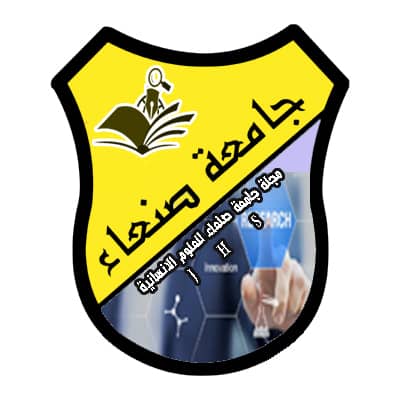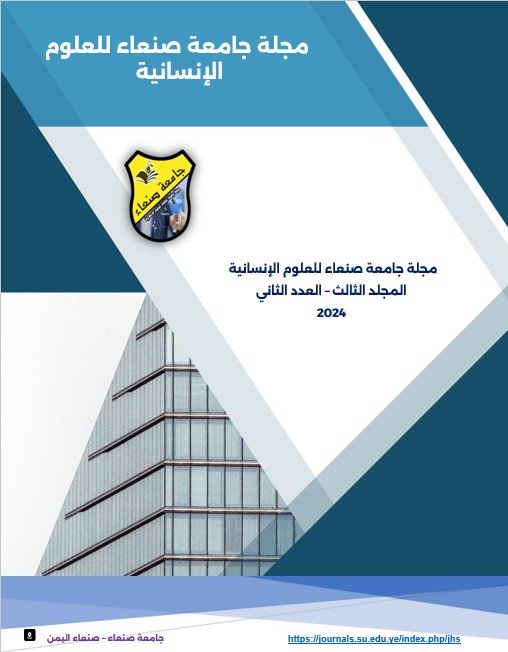The Effectiveness of a Program Based on the Integration Between the Teaching of Literary Texts and Rhetoric in the Development of Rhetorical Taste Skills for the Tenth Grade in the Secretariat of Capital Sana'a.
Main Article Content
Abstract
The primary objective of this study is to assess the efficacy of a proposed educational program that integrates literary texts and rhetoric in enhancing rhetorical tasting skills among the tenth-grade students in the capital city of Sana'a. To achieve this objective, an experimental curriculum was implemented using a design involving experimental and control groups. Research tools included the development of a list of rhetorical tasting skills, the creation of an achievement test focused on rhetorical tasting skills, and the design of an educational program integrating literary texts and rhetoric to enhance rhetorical tasting skills. The study sample comprised (100) tenth-grade students who were divided equally into two groups: one group received instruction in literary texts and rhetoric through the integrated approach, while the other group received instruction through traditional methods. Pre- and post-tests were administered to both groups to assess the effectiveness of the program. The results indicated significant differences at a (0.05) level between the average scores of the experimental and control groups in terms of their application of rhetorical tasting skills, with the experimental group demonstrating greater improvement. The findings suggest the importance of incorporating integration-based strategies and activities in Arabic language instruction, enhancing the school curriculum, and enhancing teachers' competencies in integration methodologies
Downloads
Article Details

This work is licensed under a Creative Commons Attribution-NonCommercial-NoDerivatives 4.0 International License.

